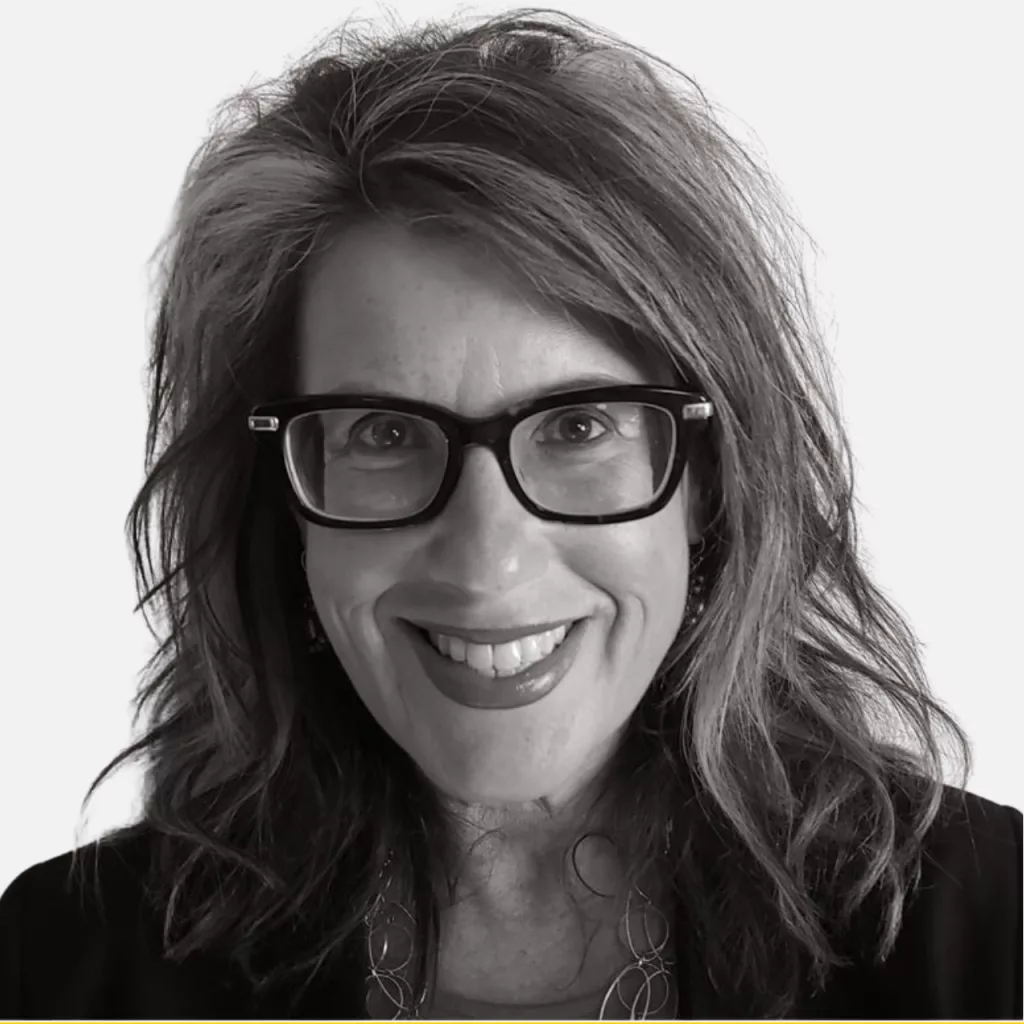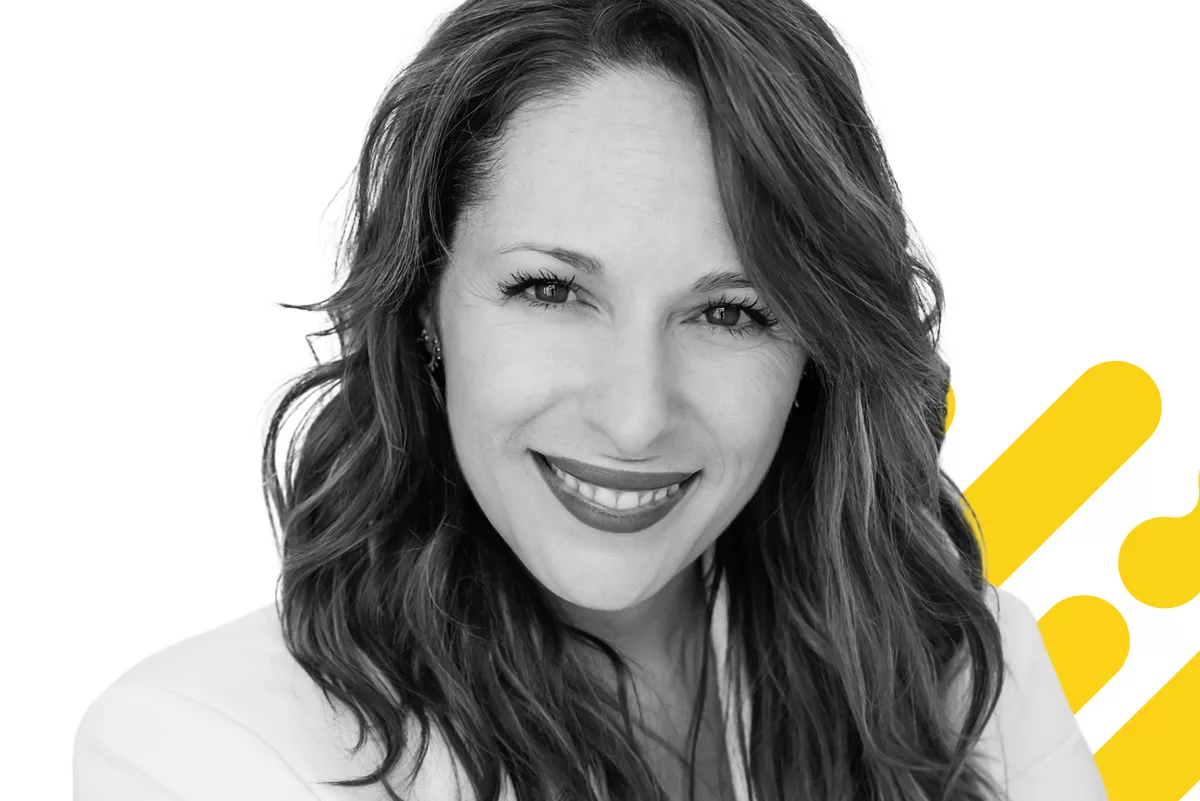I spoke with three senior coaches about the current and future issues facing organizations, the challenges for those who lead them, the skills needed to deal with these challenges, and the impact of executive coaching.
Carolyne Richard1, Eileen Dooley2 and Katia Nelson3 have been working with and supporting people in senior positions in large organizations and SMEs for the past 10 years.



Carolyne Richard
Eileen Dooley
Katia Nelson
Executive coaching is not new. Irène Samson, professor at Université de Sherbrooke, says that practitioners and researchers have been working on this development method for over 20 years to understand its various impacts. According to the International Coaching Federation (ICF), every year over US$2 billion is invested in supporting leaders. In a volatile and unstable environment, this personalized approach to skill refinement is an undeniable asset for leaders compared with other, more rigid or more generalized options.
In your opinion, what challenges are senior executives facing in terms of the future of work?
Carolyne Richard : The current transformation of the world of work requires leaders to embody changes in behaviour and mindset to inspire these same changes in others. The success and durability of tomorrow’s businesses will depend not only on the quality of products and services, but also on the employee experience, which has become essential. Leaders need to create caring, fair, and open environments that are tailored to the needs of individuals and have a social and environmental impact.
Eileen Dooley : Companies must offer flexible work arrangements, or others will and that’s where people will choose to work. The current problem in organizations is that sometimes a high-ranking person, a CEO, for example, doesn’t buy into the idea. The leaders around them are then faced with a dilemma: Support this person and lose personnel or choose not to support them and jeopardize their role on the management team. Leaders need to stand together on issues and policies that affect people, and this is an important one.
Katia Nelson : With the pandemic, managers have had to foster new paradigms such as “Distance is irrelevant” and “Out of sight doesn’t mean out of mind.” In the future, leaders will also have to deal with a new generation who are no longer willing to put work at the forefront of their lives. Emotional agility, resilience, the inclusion of diversity, justice and equity, social, environmental, and governance criteria, the courage to do things differently and to rethink work will be at the heart of their challenges.
In concrete terms, what can executive coaching provide to leaders?
Carolyne Richard : Coaching has become a way for leaders to practise strategic slacking, which creates space to see clearly and reconnect with their needs. Leaders are often struggling with stereotypes and beliefs that have them constantly battling between the image of a leader—always being in control, never giving up, absorbing the pressure for everyone, being available 24/7—and their real needs, but in my office, they have the right to be vulnerable, overwhelmed, even worried. It’s a caring, challenging space that encourages introspection in order to connect with clearer intentions, and then develop a process to put them into action.
Eileen Dooley : Most of the conversations concern relationship management, because leaders often struggle to navigate different personalities. They like to understand their own communication style and how it works—or doesn’t— in their environment. Executives appreciate the confidentiality, honesty, and safe space that coaching provides, particularly when it comes to dealing with sensitive and emotionally charged topics.
Katia Nelson : Leaders appreciate this space where they can settle down, talk to somebody, slow down to think differently, and broaden their horizon in complete confidentiality. Leaders often feel lonely at the top. My support serves to make unexpected connections which can lead to powerful insights. This new clarity allows them to jump back into the action.
What skills should senior executives be mastering to help deal with work stress and pressure?
Carolyne Richard : It’s essential to be self-aware and know your blind spots. I sometimes compare the leadership environment to Formula 1. It’s an extremely demanding, complex race involving a high-performance team. The pilot must have an intimate knowledge of their vehicle and neglecting its blind spots can lead to problems. In the corporate world, there are different ways to improve your self-awareness, such as by requesting feedback, learning from your mistakes, observing your impact, taking a step back, and also having the courage to ask the right questions.
Eileen Dooley : If I had to name a few, integrity, courage, responsibility, empathy, and transparency come to mind. These skills are needed during the good times as well as the bad. Leaders who have successfully dealt with incredible challenges within their organizations have shown openness, honesty, and accountability for mistakes and shortcomings. Hiding, distorting, or ignoring the truth will destroy not only the leader’s reputation, but also that of the company.
Katia Nelson : Leaders need to cultivate emotional agility, creativity, respect, introspection, and the capacity to let go. What’s more, it’s essential to know how to manage their own energy in order to maintain their balance so as to be powerful when the situation requires it. Executives are conductors, maximizing the potential of everyone in the organization.
Conclusion
Executive coaching is a space for reflection and listening without judgment, a place for awareness and solutions. For the coach, it’s about knowing how to find the right balance between accessing someone’s vulnerability and having the courage to name what is heard and observed. It’s also about taking a closer look at yourself and daring to take the actions that will inspire both the personnel and the organization toward lasting change.
1 Carolyne Richard, OGC and PCC, is a Senior Consultant and Coach, Talent Assessment & Onboarding. She has held leadership positions in a consulting firm and is certified in executive coaching. She supports leaders of SMEs in the financial sector in the greater Quebec City region.
2 Eileen Dooley, PCC, is a Senior Consultant and Coach, Leadership & Team Development. She works in career management with senior executives from national and international companies in Western Canada.
3 Katia Nelson, PhD, is a Leadership & Team Development Coach. She works with leaders in Toronto and Montreal.


